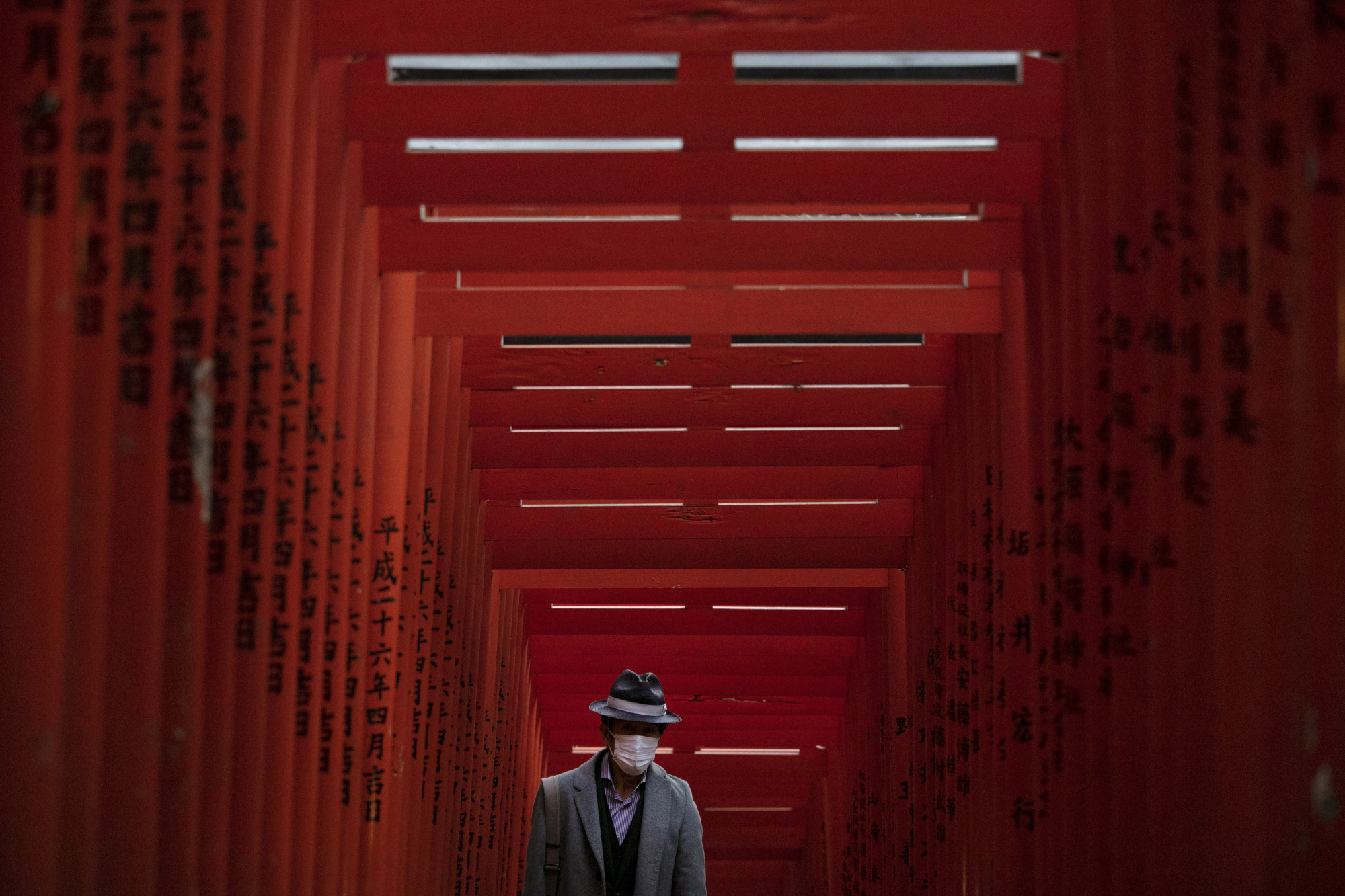The latest developments with the 新型コロナウイルス (shingata koronauirusu, novel coronavirus) reveal some interesting linguistic similarities and differences between reporting abroad and within Japan. Triangulating the reporting in English and Japanese can expand our understanding of the virus and how people have experienced the outbreak.
This understanding starts at the origin of the outbreak: While English speakers have heard constant mentions of "Wuhan," the Japanese call the city "武漢" (Bukan). Regardless of pronunciation, we have to remember that Wuhan is its own city, filled with millions of people who are just like us — uncertain and hoping for the best.
The uncertainty is reflected in the reporting. By Jan. 10, a day after the World Health Organization issued a statement on a "novel coronavirus" and a "cluster of pneumonia cases," Japanese news outlets were reporting on 原因不明の肺炎 (gen'in fumei no haien, pneumonia from an unknown cause), which then transitioned into ウイルス性肺炎 (uirusu-sei haien, viral pneumonia).



















With your current subscription plan you can comment on stories. However, before writing your first comment, please create a display name in the Profile section of your subscriber account page.